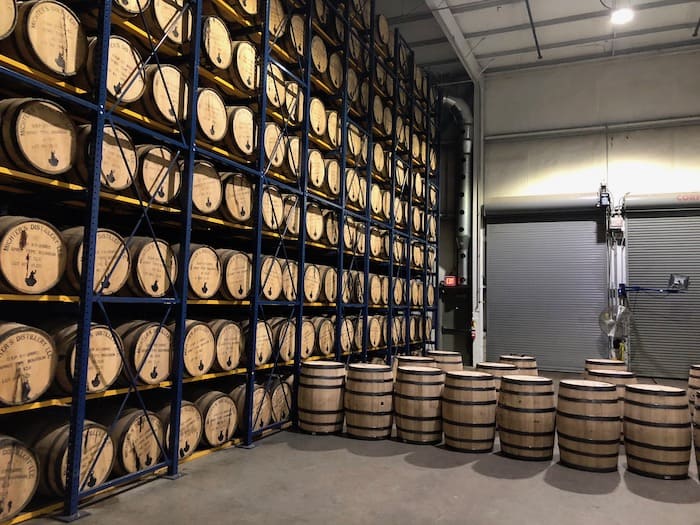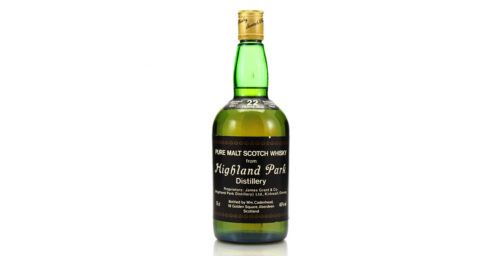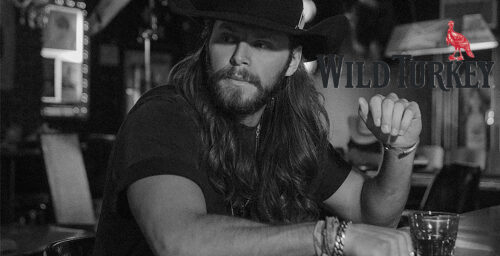Ask the average whiskey drinker to name the key ingredients in their favorite spirit, and they’ll probably tell you which grains it’s made from. Of course, what’s just as crucial to the final product as the grains it’s distilled from is the barrel—and the American-made barrels that both American distillers and many of their Scottish and Irish counterparts rely on are almost exclusively made from the noble white oak tree.
The whisk(e)y business is so reliant on this species that concerns are arising about what would happen if disease hit the species, something that gets increasingly likely as the climate changes. That’s why, not unlike the research we wrote about earlier this fall into drought resistance in barley, researchers from the University of Kentucky, University of Tennessee, Penn State, and the US Forest Service are partnering with Maker’s Mark and the Independent Stave Company to research the genome of the white oak.
“This research is for the greater good of the industry and the entire Eastern forest,” said Seth DeBolt, director of the University of Kentucky’s James B. Beam Institute for Kentucky Spirits, in a prepared statement. “We’d like to get a reference map for the white oak genome. We’ve identified a tree at the Maker’s Mark Distillery on Star Hill Farm as a gorgeous representative specimen of the species.”

This reference tree is hundreds of years old—white oak trees have been known to live four centuries—and researchers are collecting acorns and grafts from it. The team is approaching oak as an agricultural product, which, for the whiskey business, makes sense. They hope to identify some of the genetic variation that exists within the species.
“The challenge here is to thoroughly understand a species, a really foundational, long-lived species that anchors the forest,” said DeBolt. “The goal is to answer questions such as: How does it live that long, in a single location? How does it maintain resistance to so many different diseases?”
“American white oak is a key ingredient in bourbon-making. The color, and much of the flavor, of bourbon come from white oak barrels, so it’s critically important that this precious natural resource be managed and preserved for generations to come,” said Maker’s Mark’s Rob Samuels, chief distillery officer. “At Maker’s Mark, we’re constantly stepping up our own environmental efforts, which have become a guiding principle for everything we do, and we’re proud to play a part in this research that will reach far beyond our home at Star Hill Farm and help this vital species thrive long into the future.”



